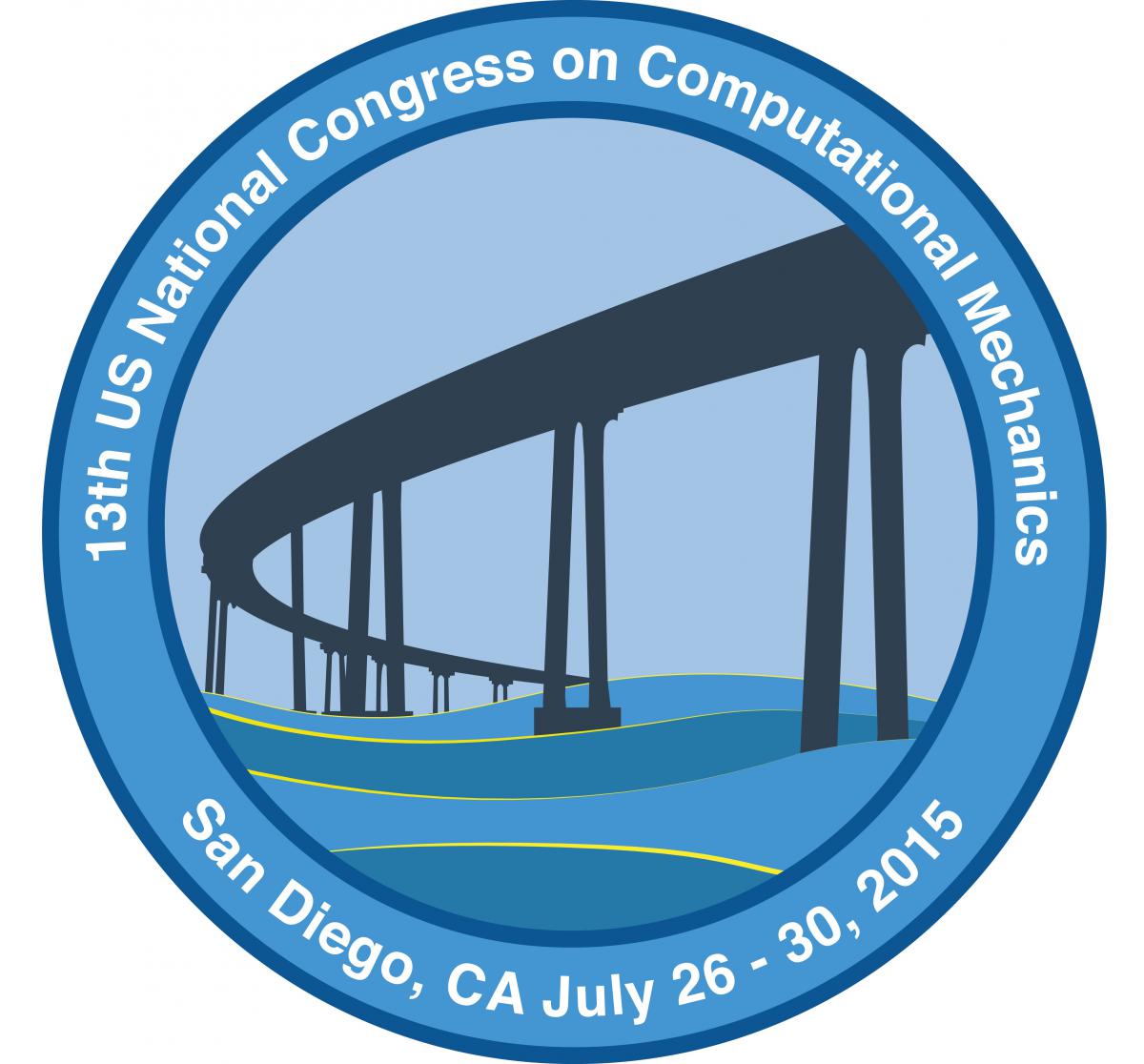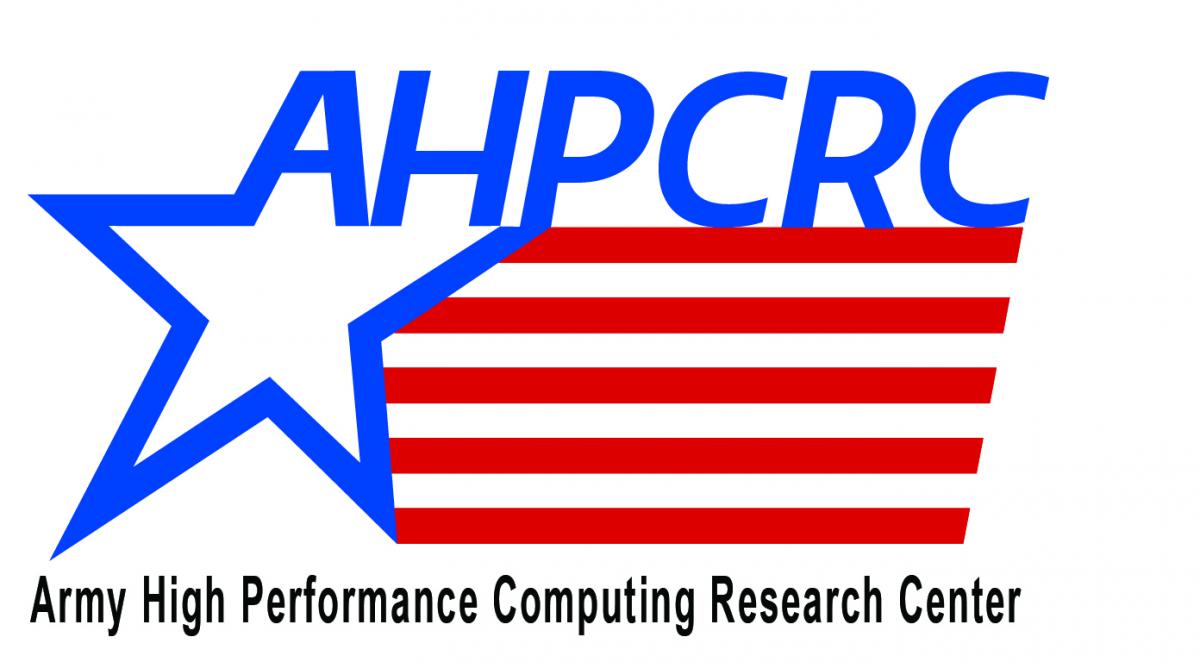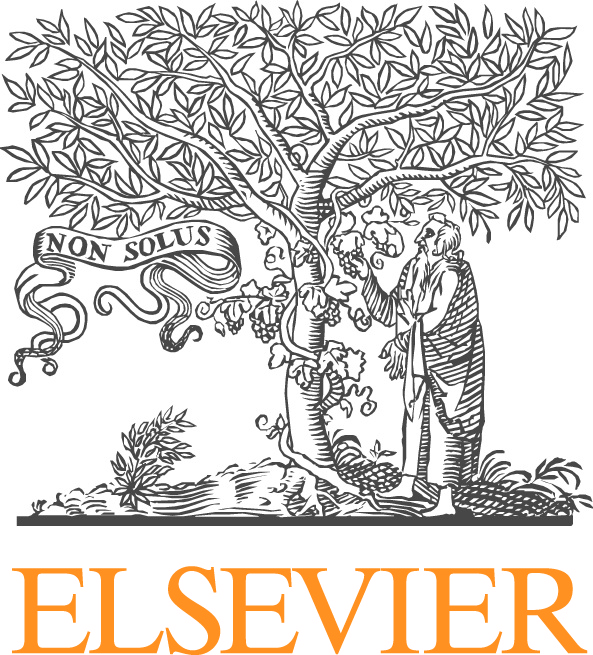Short Course: Meshfree Particle Methods and Their Applications
Instructors
Jiun-Shyan Chen, UCSD
Wing Kam Liu, Northwestern University
Meshfree Particle methods have undergone substantial development and have received much attention in the last two decades. The most significant advantage of meshfree particle methods is the flexibility in customizing approximation functions for desired smoothness, accuracy and for capturing essential physics and features of the particular problems of interest. Adaptivity formulation and multiple-scale solution strategies also can be implemented with a relative ease. It has become clear that the meshfree methods provide considerable advantages over the conventional finite element methods in solving problems involving moving discontinuities, evolving interfaces, multiple-scale phenomena, and significant topological changes in geometry. The purpose of this short course is to introduce the fundamental concept and basic formulation of several meshfree methods, discuss their approximation and convergence properties, and demonstrate their applications to the solution of partial differential equations in various engineering and scientific problems.
Technical Program
8:30 - 9:30 Meshfree Approximation Theories, Galerkin and Collocation Meshfree Methods (Chen)
9:30 - 9:45 Break
9:45 - 10:45 Multiscale analysis and wavelets (Liu)
10:45 – 11:00 Break
11:00 - 12:00 Meshfree Methods for Plates, Shells, and Fracture Problems (Chen)
12:00 - 13:30 Lunch
13:30 - 14:30 Multiresolution continuum and materials design (Liu)
14:30 - 14:45 Break
14:45 - 15:45 Large deformation, Contact-Impact, and Extreme Events Modeling (Chen)
15:45 – 16:00 Break
16:00 - 17:00 Progress in meshfree methods: a unified overview (Liu)





